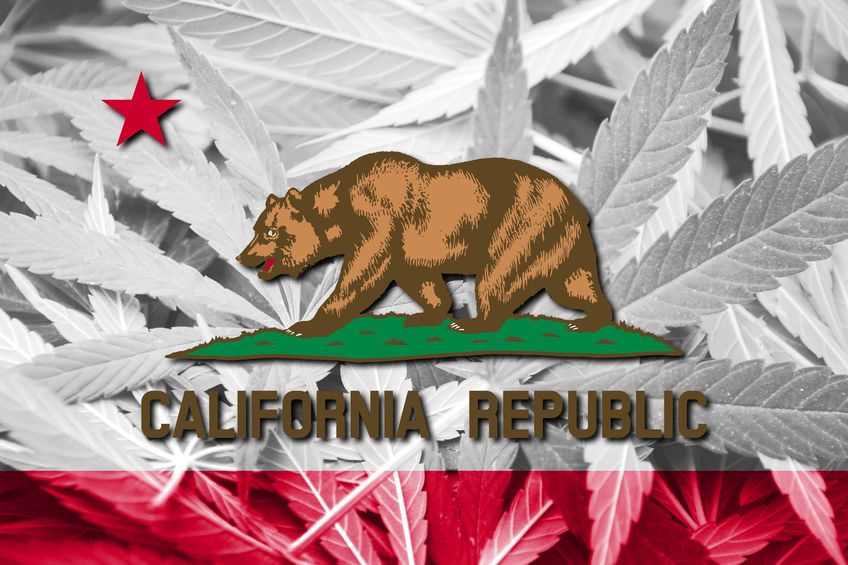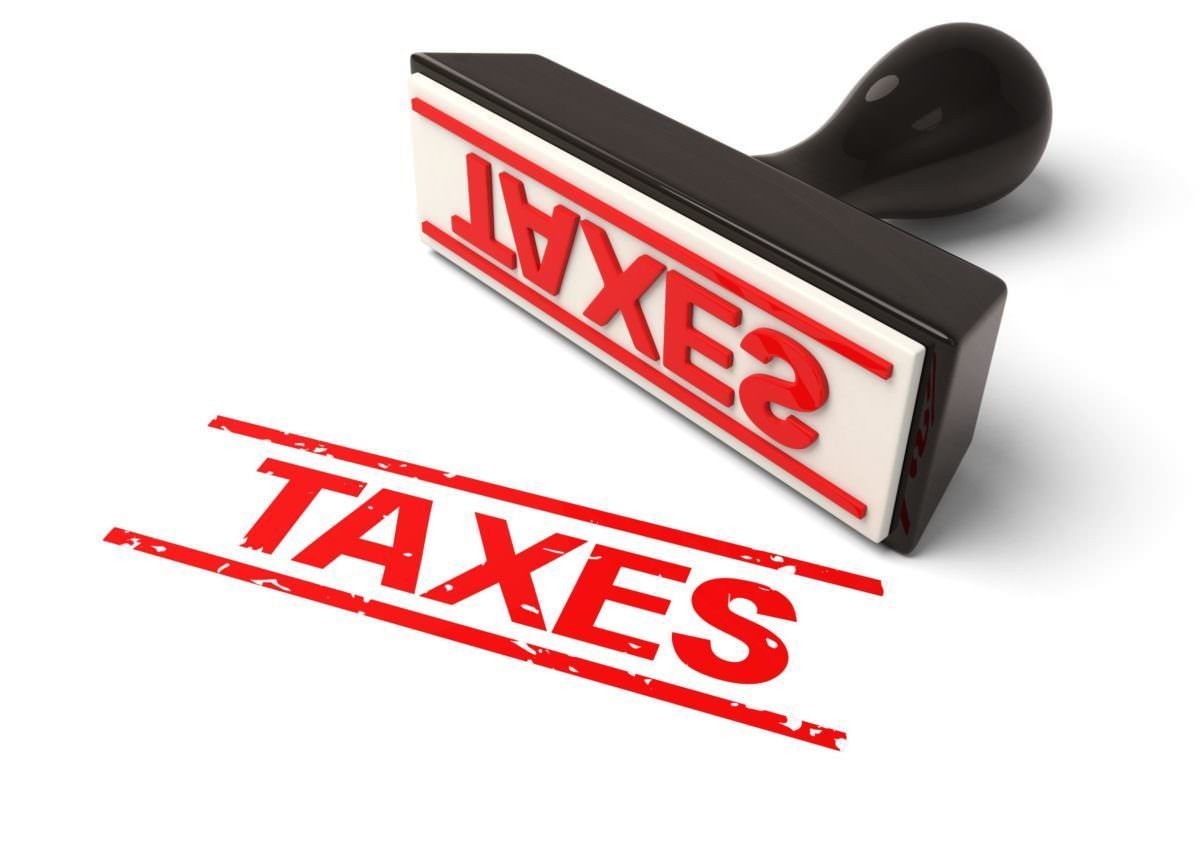A proposed overhaul of California’s marijuana regulatory and tax collection system could mean far less headaches for licensed cannabis companies in the state.
It could also indicate there’s more legislative help on the way in 2020 for California’s struggling legal marijuana market.
When he announced his annual budget plan on Jan. 10, California Gov. Gavin Newsom said he wants to:
- Merge a trio of regulatory agencies – the Bureau of Cannabis Control (BCC), the Department of Food and Agriculture and the Department of Public Health – into a single Department of Cannabis Control (DCC) by July 2021.
- Streamline marijuana tax collections.
Which means nothing is yet set in stone.
“There are more unknowns than knowns about this transition at this point,” said Josh Drayton, communications chief for the California Cannabis Industry Association (CCIA).
But in general, he said, both proposals are likely to be positive for the legal market.
The proposed merging of the three regulatory agencies is the biggest switch, Drayton noted, because that will unify all regulatory power underneath one roof: the DCC.
Currently, the BCC has most of the duties with oversight of retailers, delivery services, microbusinesses, distributors, events and testing labs.
The Department of Public Health regulates marijuana manufacturers; the Department of Food and Agriculture oversees growers.
If and when the proposed DCC is online, that agency would be the lead regulator for every state-licensed marijuana business.
One of the biggest problems since Jan. 2018 – when the new legal market launched – has revolved around conflicting messages from state authorities to companies that have been trying to follow the rules, Drayton said, especially vertically integrated companies that hold business licenses from more than one agency.
“As challenges have arisen, these members reach out to find out how to stay in compliance, and they’ve been getting different answers from different departments because they have different interpretations of the regulations,” Drayton said. “So this is huge.”
The proposed revamp of tax collection, Drayton added, is more likely to make life easier for the state than for the industry. But he said what it offers is the possibility of lowering MJ taxes with the governor’s support.
The vaping health crisis of 2019 helped many lawmakers realize there’s a serious public health concern regarding the illicit cannabis market, Drayton said. That might have given political legs to the argument that California should lower marijuana taxes in order to attract more customers to the legal market.
Drayton noted that during last week’s budget news conference, Gov. Newsom said his team is “open to hearing more” about tax reform, including the possibility of lowering tax rates.
That “seemed to be a signifier that they are open to looking at the whole tax process,” Drayton said.
At least one bill to lower cannabis taxes is expected, Drayton said.
Specifically, he anticipates a revival of an attempt last year by Assembly Member Rob Bonta, a Democrat from Alameda, to reduce the state excise tax temporarily from 15% to 11% and to suspend the cultivation tax until 2022.
Drayton added that any proposed changes to the law could go into effect as soon as July 1, and he hopes that’s what happens.
“If we can’t implement these changes fast enough, we’re still going to see an exodus of many of the cannabis businesses that are currently operating in California,” he said.
John Schroyer can be reached at johns@mjbizdaily.com







